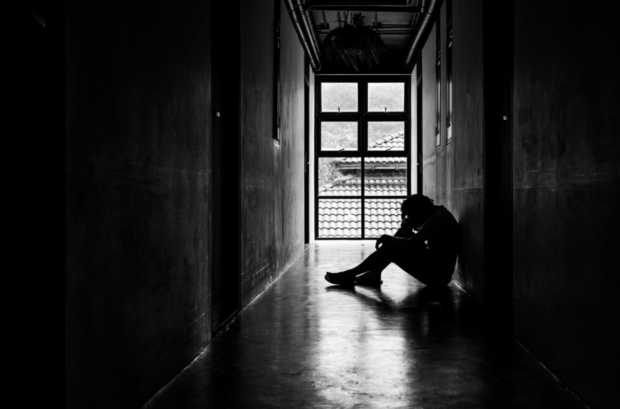South Korea unveils plan to prevent ‘lonely deaths’
SEOUL — The Ministry of Health and Welfare of South Korea announced on Thursday a plan to survey people at risk of dying alone and target assistance toward the vulnerable group, as it seeks to halt the increase in “lonely deaths.”
An annual survey will be conducted to document the number of people at risk of dying alone, and services regarding health, employment and medical care will be provided according to their needs by age groups.
The number of people at risk of lonely deaths in Korea is estimated to be about 1.525 million, according to the ministry.
The number of Koreans dying alone has risen 8.8 percent over the past five years, to 3,378 in 2022, meaning 1.06 percent of people who died last year did so alone. The plan aims to reduce that number to 0.85 percent.
Under the plan, another survey on the status of solitary deaths that has been conducted every five years will take place annually.
Article continues after this advertisementPublic facilities such as libraries and cultural centers will act as venues for counseling, and art and sports programs. In addition, 244 family centers and 475 social welfare centers nationwide will provide social gatherings for one-person households.
Article continues after this advertisementThis comes as the increase in the proportion of single-person households from 28.6 percent in 2017 to 33.4 percent in 2021, and the COVID-19 pandemic, have aggravated the social disconnection, which ultimately led to an increase in the number of lonely deaths, the ministry said.
For more effective prevention of solitary deaths in the community, the ministry will train and mobilize people, such as real estate agents, in conducting regular checks.
Artificial intelligence technology will also be utilized to monitor high-risk groups. The AI will collect data on the daily power and water usage patterns of high-risk groups and monitor them for signs of unusual behavior.
Different programs will be provided to target specific needs by age group. Counseling treatment, support for startups and career development support will be provided to young people. Reemployment programs and chronic disease management are targeted at middle-aged people, and at-home medical services and care services will be provided for the elderly.
For the dead who do not have families or relatives to take care of the body, public funeral services will be expanded. Psychological programs are under development to help bereaved families and the people around them who have had to go through the trauma of discovering the body.
A central center and regional centers in charge of lonely deaths, and a database system to manage collected data, will be established.
The ministry added that a “Lonely Death Prevention Day” will be designated to raise public awareness on the issue, alongside other social campaigns.
RELATED STORIES
